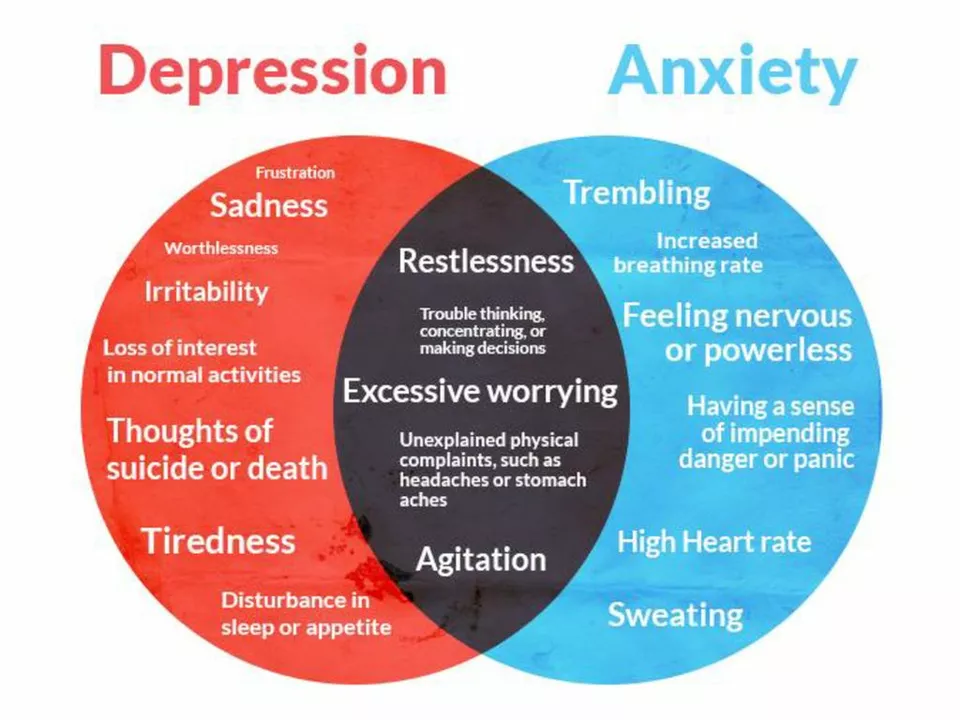Psychological factors: why your mind matters for medicine and recovery
Thoughts, stress, and mood don’t just sit in your head — they change how you feel and how medicines work. Feeling anxious can make side effects louder. Chronic stress can mess with sleep, appetite, and how your body handles drugs. This tag gathers practical reads that link the mind to real-world medication choices and health outcomes.
What to watch for: clear signs your psychology is changing treatment
If a drug suddenly seems less helpful or side effects get worse, pause and look at the mental side: are you sleeping? Eating? Stressed at work? Are you skipping doses because you feel hopeless or worried? These things are common and fixable, but they often go unnoticed until problems pile up.
Here’s how psychological factors show up in everyday treatment:
- Stress and sleep loss can change blood pressure, blood sugar, and drug metabolism. That can make doses feel off.
- Anxiety and depression can reduce medication adherence — people miss doses, stop early, or avoid refills.
- Social situations and habits (like drinking while on certain meds) can cause real safety risks — and people often underestimate them.
Quick, practical steps you can use today
1) Track mood with a simple note or app for a week alongside your meds. You’ll spot patterns fast.
2) Tell your prescriber about stress, sleep, or alcohol use — small changes to timing or dose can help.
3) Use reminders tied to daily habits (brush teeth, breakfast) so you don’t miss doses when you’re low or busy.
4) If a medicine seems worse after a big life change, don’t guess — contact a pharmacist or clinician and describe both symptoms and life events.
Below are short notes on tag articles that deal with psychological factors in practical ways. Each link opens an article with clear tips and real-world examples:
Wellbutrin: Uses, Side Effects, and Practical Tips for Everyday Life — Honest talk on bupropion, mood changes, and what to expect when starting or stopping.
Symptoms of Depression: How to Tell if It’s More Than Just Sadness — Clear signs to watch and when to ask for help.
Lifestyle Changes to Reduce Prednisone Dependence: Diet, Stress & Exercise Tips — Practical stress and diet tips that lower steroid reliance and improve mood.
Safe Socializing and Alcohol Tips for Spironolactone Users — Real-world advice on balancing social life with medicine safely.
Why Athletes Face Early Androgenic Alopecia — How stress, gear, and routines affect hair and self-image for active people.
If you want focused help, use the mood checklist and pick one article above that fits your situation. Read it, take one small step (set a reminder, call a pharmacist, or tell your doctor), and see how that one change shifts things. Small, practical moves beat guessing every time.
Vardenafil and Psychological Factors: How It Can Help Overcome Performance Anxiety
In my recent blog post, I discussed the connection between Vardenafil and psychological factors, particularly focusing on how it can help overcome performance anxiety. Vardenafil, a medication commonly used to treat erectile dysfunction, has been shown to not only improve physical symptoms, but also address the mental aspects that contribute to performance anxiety. By promoting relaxation and increasing blood flow, Vardenafil can help alleviate the stress and fear that often accompany sexual performance issues. Furthermore, the positive effects of the medication can lead to a boost in confidence and a more satisfying sexual experience for both partners. Overall, Vardenafil presents a valuable solution for those struggling with performance anxiety, improving both physical and psychological factors.






